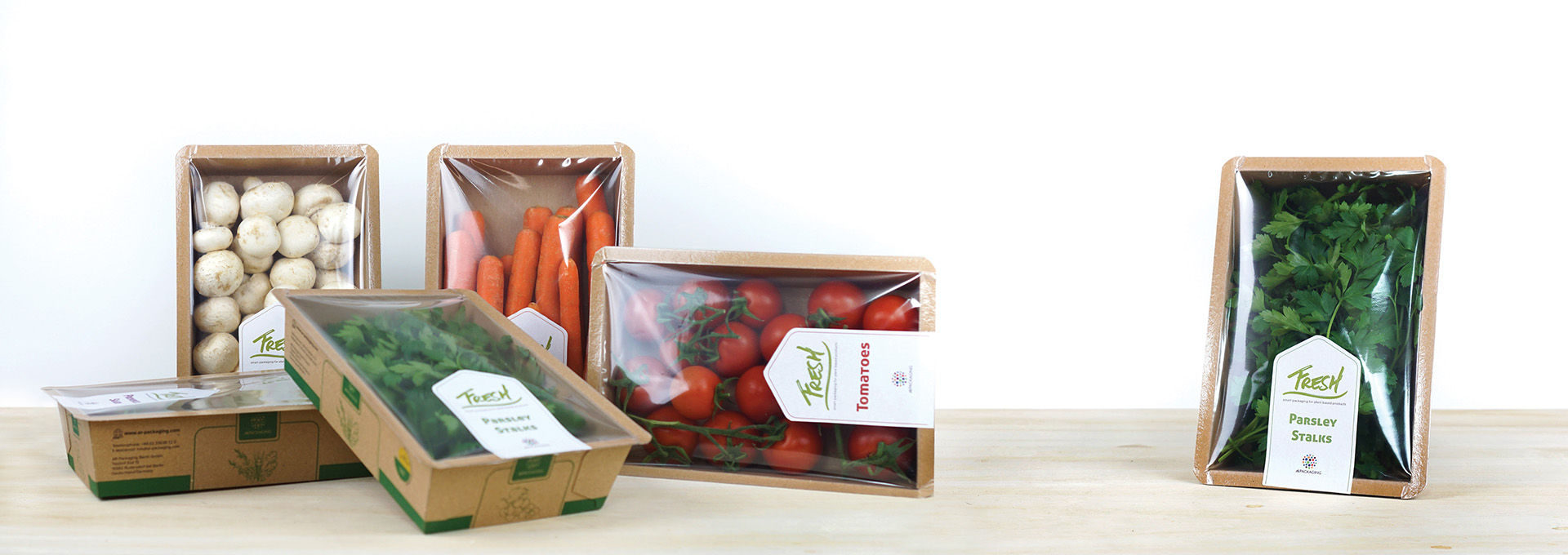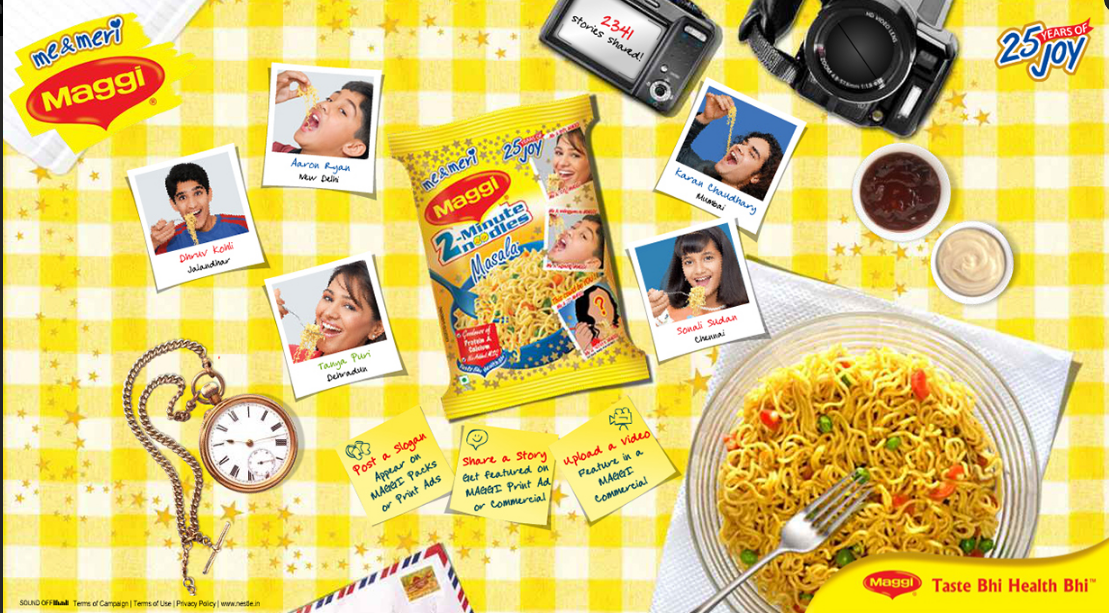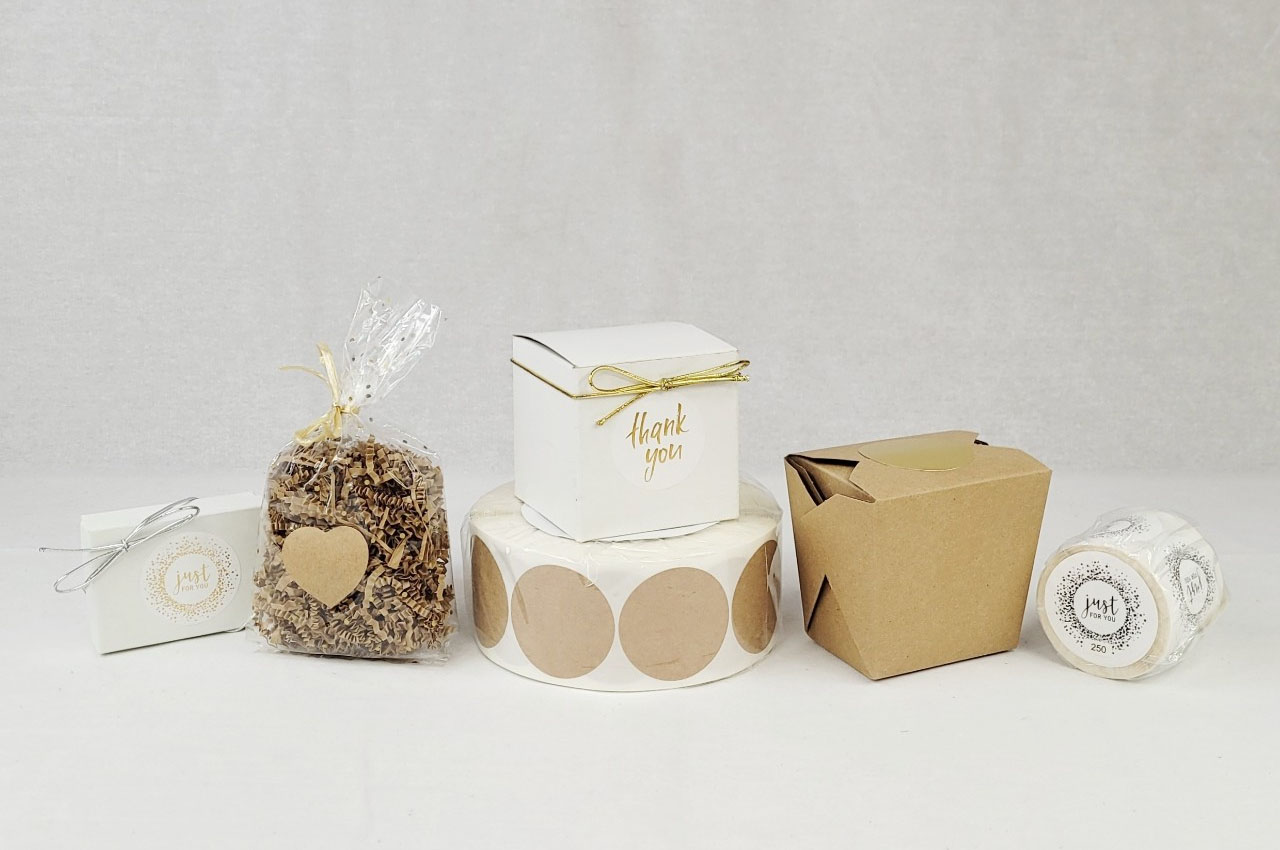
Fresh vegetables and fruit are food categories with high waste levels throughout the supply chain. To meet the move to packaging with less plastics while not sacrificing product protection, AR Packaging has introduced a barrier cartonboard tray with more than 95% fibre content, tailored barrier and convenience features.
The drive to minimise the use of plastics in packaging is a main topic for retailers and food producer. Solid plastic trays are commonly used for fresh vegetables and fruits, and even if trays made of renewable plastics have been introduced, recyclable fibre trays are requested. AR Packaging has therefore introduced a one-piece tray with a thin barrier coating. The tray is based on cartonboard made of fibres from certified sustainably managed sources and a fibre content of up to 95% makes it recyclable in the paper stream in most countries.
“The majority of our product developments are focused on packaging solutions made of renewable materials and which are recyclable. The switch to fibre-based trays for fresh vegetables can be pretty easy with no investments in new production equipment needed”, said Philipp Eissner, Business Development Manager at AR Packaging. “These new trays are already in use in Germany and they are well suited for a wide range of products such as fresh vegetables & fruits, herbs, mushrooms, seeds and much more.”
The unbleached paper look and feel of the tray makes it easy for brand owners to communicate the environmental benefits to the end consumer. Both the outside and inside of the tray can be printed.
In addition to providing the requested product protection, the tray can be combined with a lidding film which provides consumer convenience such as easy peel opening and reclosure. The reclosure feature can prolong the shelf life of the product and minimise food waste when the consumer uses parts of the content at different occasions.
The fibre-based tray for fresh vegetables and fruit is one example of many sustainable tray solutions offered by AR Packaging.






